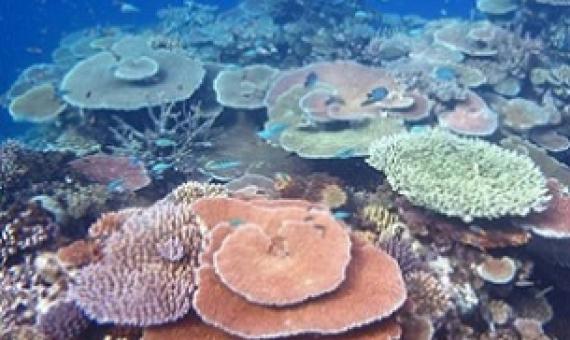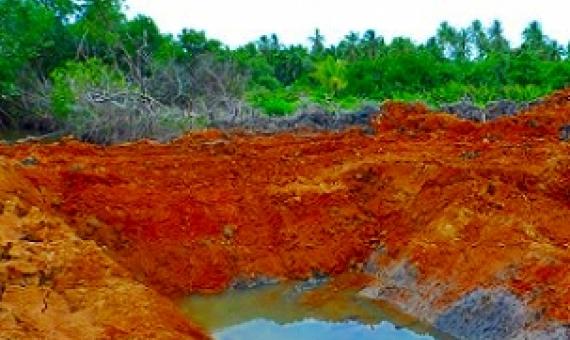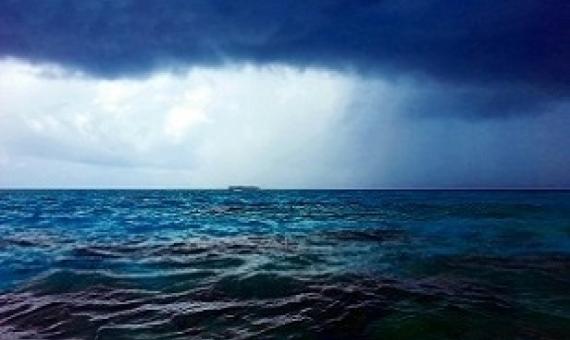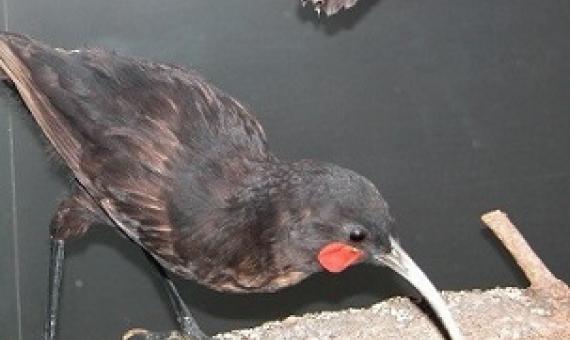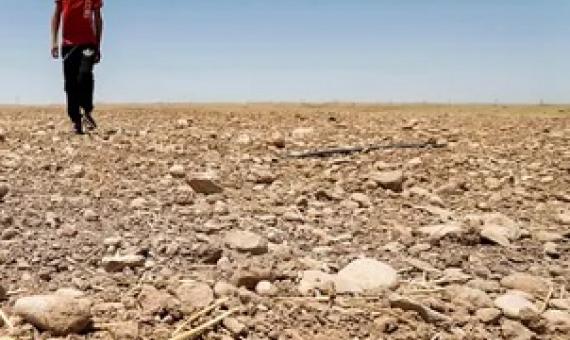On November 6, Brianna Fruean and other Pacific Islands representatives marched in Glasgow as all eyes are on the United Kingdom for the COP26 climate change summit happening this month.
As the United Nations Cop26 climate conference in Glasgow winds down, many world leaders and corporate boards are embracing an increasingly popular idea to solve climate change: trees.
Climate change is altering familiar conditions of the world's oceans and creating new environments that could undermine efforts to protect sea life in the world's largest marine protected areas. The changing conditions also have cultural and economic implications for the people whose traditi
Grand global commitments to plant trees to fight climate change are welcome. Healthy landscapes that suck planet-heating carbon out of the atmosphere—locking it into forests and soils—are among the best technologies there are yet to bend the Keeling Curve in a new direction.
During a U.N. Climate Change Conference session on the Pacific Islands, former President Barack Obama recited a Hawaiian proverb to stress the importance of uniting countries to mitigate the effects of climate change.
From rising sea temperatures, to deadly and devastating storms and floods, climate change is increasing threats in the southwest Pacific, the World Meteorological Organization (WMO) said in a report published on Wednesday. The State of the Climate in the South-West Pacific 2020
Human-caused bird extinctions are driving losses of functional diversity on islands worldwide, and the gaps they leave behind are not being filled by introduced (alien) species, finds a new study led by UCL and University of Gothenburg researchers.
Greta Thunberg has already pronounced the COP26 climate conference a failure. In important respects, the Swedish activist is correct. The commitments made at the conference are insufficient to hold global heating to 1.5℃ this century.
The world is on track for disastrous levels of global heating far in excess of the limits in the Paris climate agreement, despite a flurry of carbon-cutting pledges from governments at the UN Cop26 summit.
Conservation of Biodiversity in the Pacific Islands of Oceania: Challenges and Opportunities
Pacific Island biodiversity has a notorious record of decline and extinction which continues due to habitat loss and degradation, invasive species, overexploitation, pollution, disease and human-forced climate change. In terrestrial systems, these global and local pressures are more acute because of relatively small land to sea area, high endemism and poor adaptations to resist predation.



